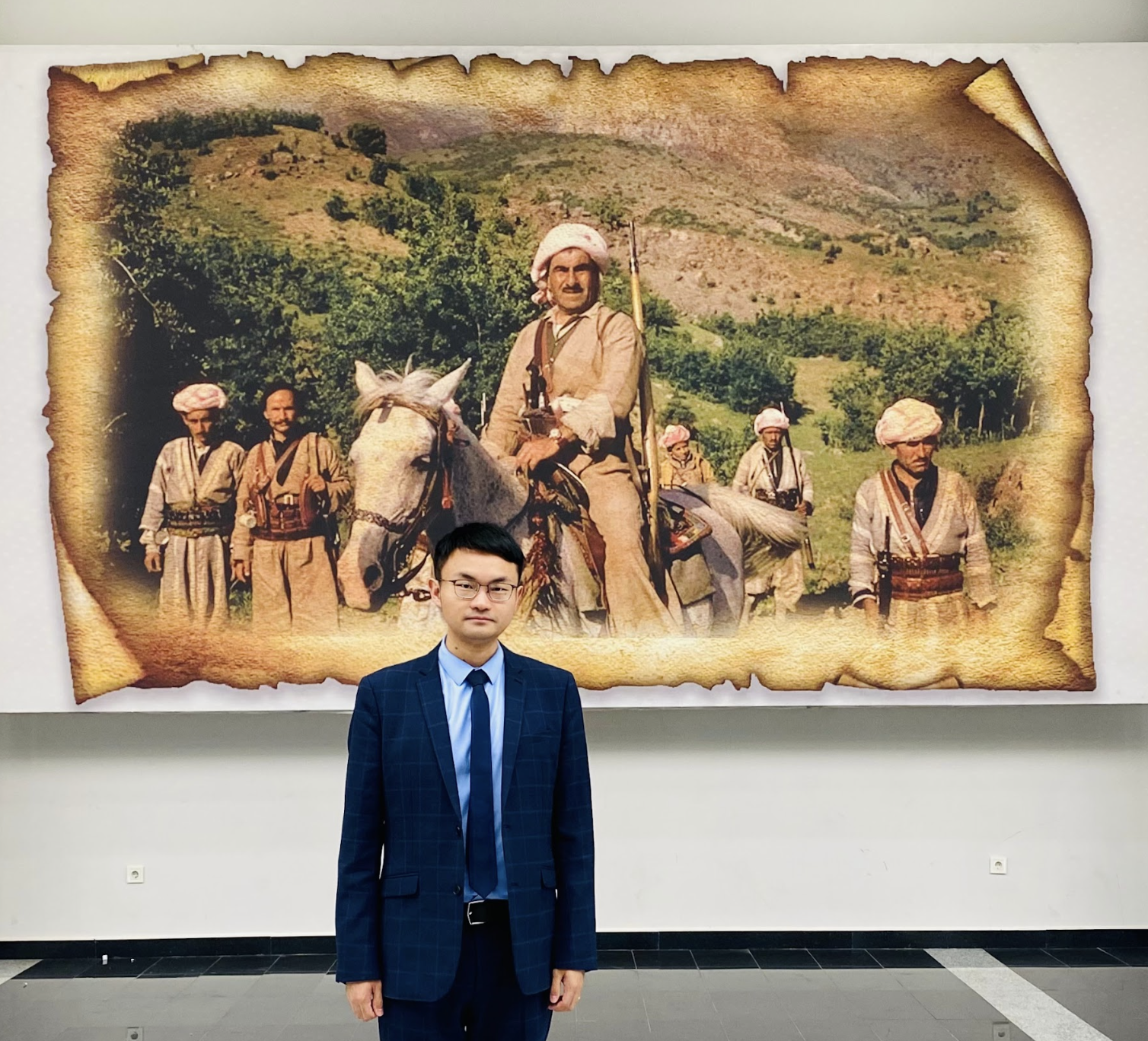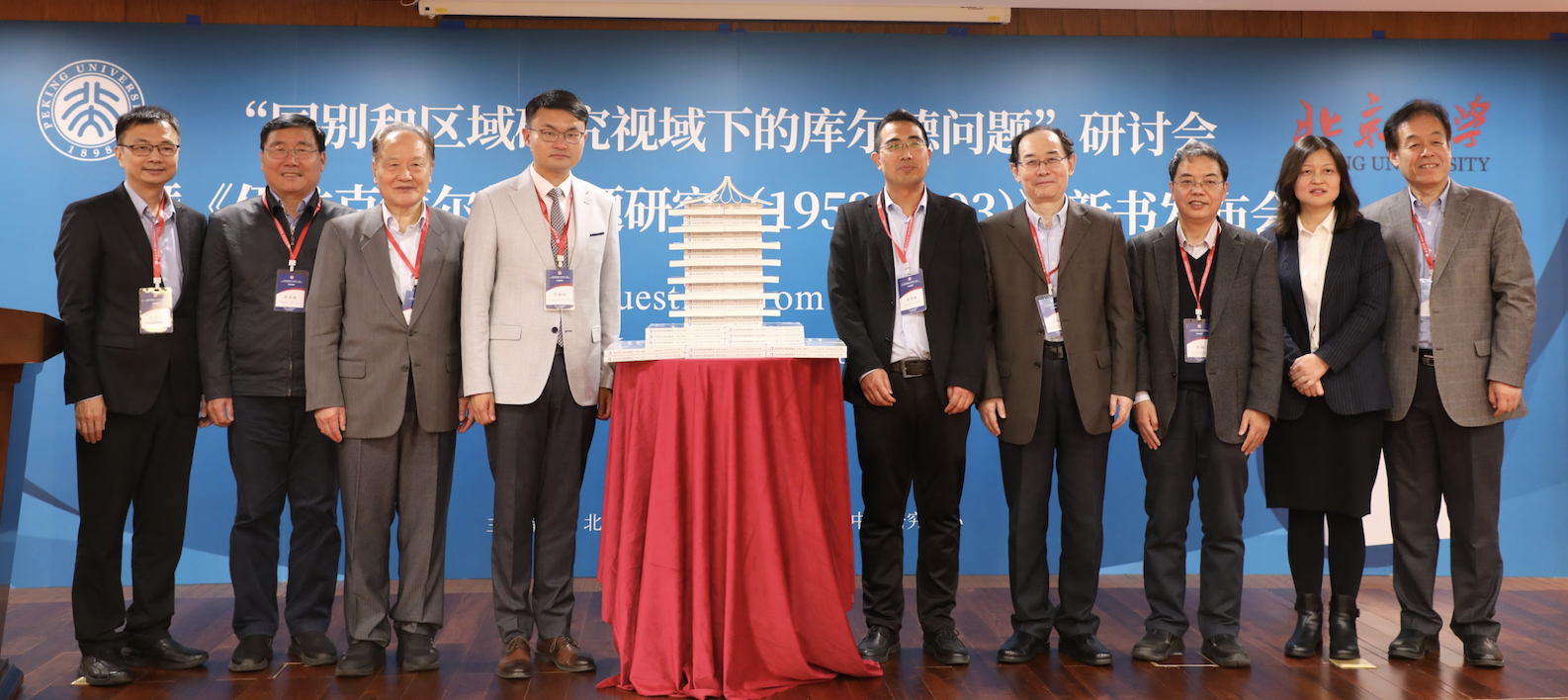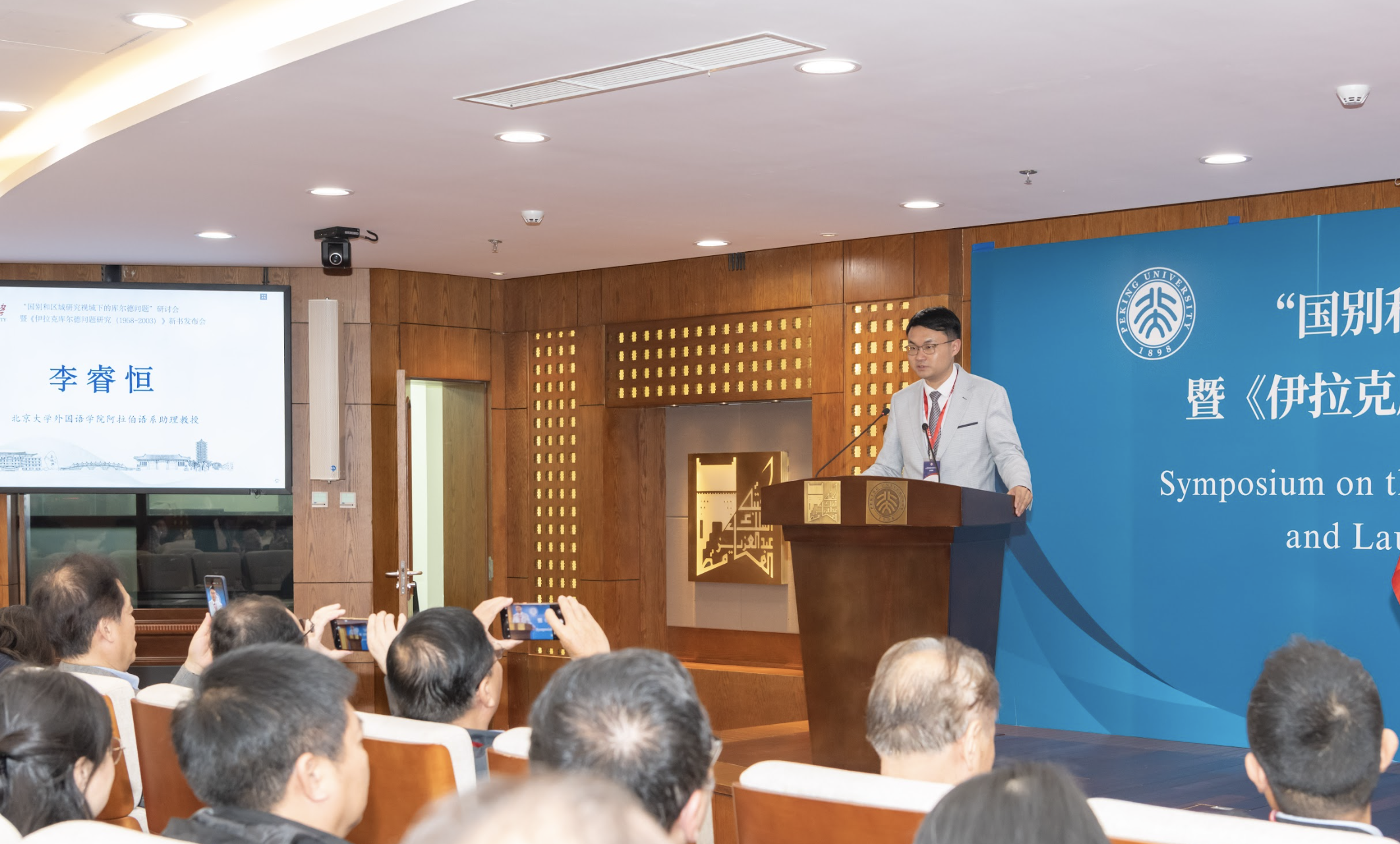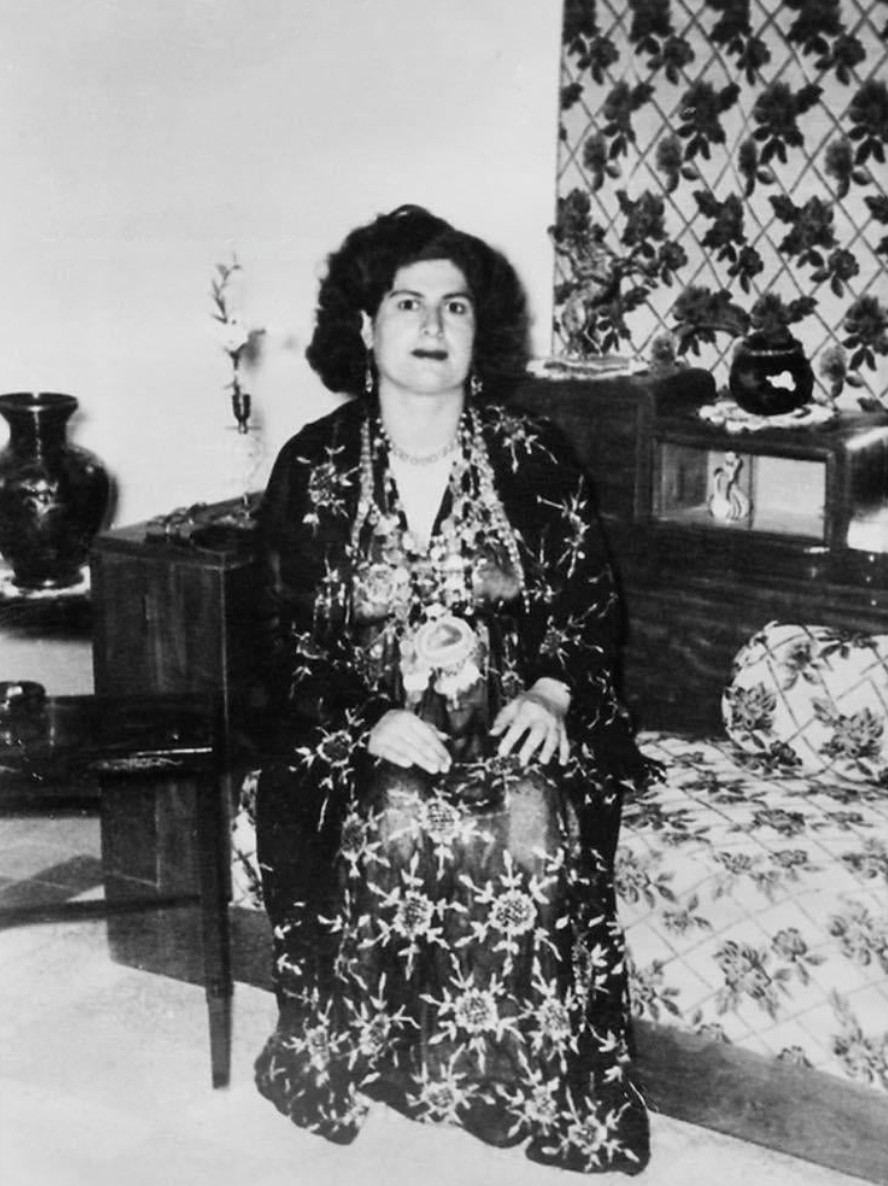In my time as a student and later professor of Arabic language and studies, I have always borne the advice of my doctoral advisor in mind: “Do not become more Arab nationalist than the Arabs themselves simply because you study Arabic.” This principle applies equally to learners of other languages. In recent years, I have always sought to strike a balance between leveraging the strengths of Arabic in research and transcending an Arab-centric perspective in understanding Middle Eastern affairs. This equilibrium became particularly crucial in the context of the so-called “Arab Spring,” where non-Arab groups increasingly began to shape the region’s trajectory. Ultimately, this pursuit led me to study Kurdistan and its people, culminating in the writing of my book The Kurdish Question in Iraq (1958-2003).
Examining the Kurdish question
Demographically, while Kurds are often labeled as a “minority” within the four countries they inhabit, their total population ranks them as the fourth-largest ethnic group in the region – a fact that underscores their significant geopolitical role. Among them, the Iraqi Kurds stand out. Between 2014 and 2017, they effectively fought ISIS, contributing to global stability; then, in September 2017, they held an independence referendum that provoked strong reactions from all sides. These events convinced me that Iraqi Kurds occupy a unique position, whether viewed through the lens of Iraq, the Middle East, or great-power politics. They constitute a key to deciphering the region’s complexities.
However, as a doctoral student back in 2017, I was not equipped intellectually to fully analyze this question. Moreover, Chinese academia lacked a systematic, dedicated study of Iraq’s Kurdish question. While the research path ahead was uncertain, I was certain of this question’s value: for my scholarly growth, for advancing Kurdish studies in China, and for rebalancing perspectives in Chinese Middle Eastern studies. Therefore, I am deeply grateful to my advisor, who firmly supported my decision to make the Kurdish question the focus of my PhD dissertation.
The complexity of the Kurdish question in Iraq lies in its myriad variables. Beyond the central dichotomy of the Iraqi federal government and the Kurdish nationalist movement, factors such as intra-group factionalism, social structures, and foreign interference all play critical roles. What compounded the challenge was the vast corpus of existing global scholarship, which demanded an innovative approach to be able to contribute meaningfully to the field.

New sources, new interpretations
Fortunately, the declassification and availability of the Ba’ath Party records in the Iraq Archives provided unprecedented primary sources, enabling me to achieve the balance I sought: harnessing the advantages of studying Arabic-language while avoiding its limitations. To access these materials, I spent a year as a visiting scholar at Stanford University’s Abbasi Program in Islamic Studies, examining the Ba’ath Party records housed there on campus. The archival collection – comprising over 10 million documents – captures every facet of Iraqi life under the Ba’athist rule, from Saddam Hussein’s decision-making to grassroots societal dynamics. It offered an internal perspective on the regime’s Kurdish perceptions and policies, a dimension notably absent in prior research.
The academic and media portrayals of this question, however, were somehow biased due to three factors as I understood: sympathy for Kurdish historical suffering, post-1991 Western agendas to contain the Ba’athist regime, and the Kurdish autonomous government’s post-1991 narrative construction. These have subtly entrenched a Kurdish-centric viewpoint, overshadowing Baghdad’s internal logic. Undeniably, Ba’athist policies toward Kurds were marked mainly by brutality and pragmatism, peaking during the 1988 Anfal Campaign.

Nevertheless, as an ideologically driven party that once granted a limited Kurdish autonomy in 1970, the Ba’ath’s repressive measures were not a foregone conclusion; rather, they evolved over time. During the five-year period from 1975 and 1980, the Ba’ath Party sought to resolve the Kurdish question through Ba’athification and Arabization, aiming for a final political settlement. This effort was derailed by Saddam Hussein’s ill-fated decision to invade Iran in 1980, followed by a cascade of fatal miscalculations that plunged both the Kurdish question and Iraq’s state-building into crisis until the regime’s collapse in 2003.
Thus, my book examines these dynamics through a historical study of the Kurdish question in Iraq from 1958 to 2003. It synthesizes existing literature with Arabic archival sources – notably the Ba’ath Party Archives – to analyze interactions between Baghdad and Kurdish movements across dimensions of ideology, social-political organization, and political actions. It contrasts their divergent visions on core disputes while incorporating variables like Kurdish societal structures, party politics, and foreign intervention. The study further assesses the question’s impact on Iraq’s modern state-building, Middle Eastern geopolitics, and great-power rivalries.

Kurdish studies in China
The PhD dissertation underpinning this book received the 2021 Peking University Award for Excellence and was shortlisted for the 2022 Beijing Municipal Award for Excellence. It also secured publication funding from the National Social Science Fund of China. Notably, this work is the fifth Chinese-language monograph on Kurdish studies and the first to focus exclusively on Iraqi Kurdistan.
Building on this foundation, I continue to expand my research into the post-2003 era, exploring the Iraqi Kurdish question within the broader context of Iraq’s sectarian-ethnic politics, pan-Kurdish nationalism, and regional strategic competition. Furthermore, fieldwork experience in Iraqi Kurdistan – time spent immersed in its landscapes, people, and culture – has allowed me to intertwine historical archives with contemporary realities.
At Peking University, where I teach and conduct research, growing student interest in Kurdish and Iraqi studies has led to more mentorship opportunities. More significantly, the university has elevated its emphasis on Kurdistan, evidenced by this book’s launch symposium and the introduction of Kurdish language (Sorani) courses. These developments, I believe, will advance the burgeoning field of Kurdish studies in China and further deepen China’s understanding and engagement with the Middle East.
Dr. Ruiheng Li is Assistant Professor in the Department of Arabic Language and Cultures, and Research Fellow in the Center for Middle Eastern Studies, Peking University, China. His research focuses on the Kurdish question and sectarian politics in modern Iraq.

